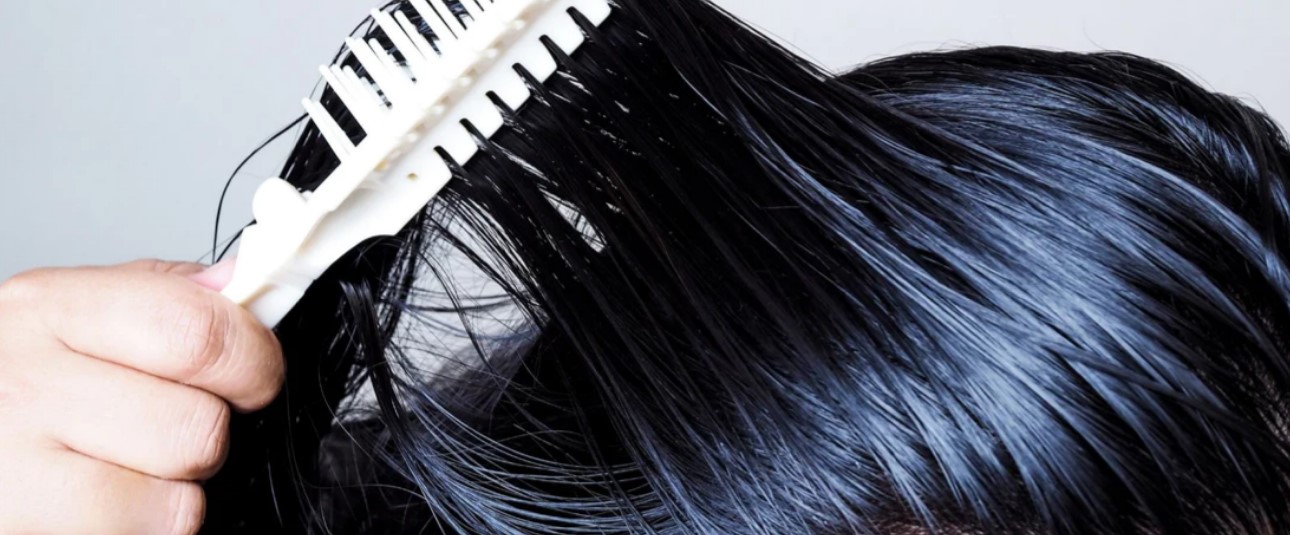Oily hair can be a real challenge to manage. It’s a common issue, especially among young women, and can be caused by a variety of factors, including hormonal changes, diet, and improper hair care routines. But don’t worry, I’m here to help you navigate this issue with some specific advice and product recommendations.

Understanding Oily Hair
Our scalp produces a natural oil called sebum, which helps keep our hair healthy and shiny. However, when the sebaceous glands produce too much oil, it can lead to oily hair. This overproduction can be triggered by hormonal changes, stress, and even the weather.
How to Treat Oily Hair
1. Use the Right Shampoo
The first step in managing oily hair is choosing the right shampoo. A clarifying shampoo can help remove excess oil from your hair. Here are some specific brands that I recommend:
- Neutrogena T/Sal Therapeutic Shampoo: This shampoo is excellent for oily hair and scalp acne. It contains 2 percent salicylic acid that exfoliates the scalp, removing dead skin that can get trapped in follicles and cause zits. However, it can be drying, so always follow up with a deep conditioner to maintain your hair’s moisture balance.
- Ouai Fine Hair Shampoo: This shampoo is perfect for oily, thin hair. It effectively removes excess oils from the scalp while moisturizing your hair with lightweight ingredients like biotin and chia seed oil. It also contains hydrolyzed keratin, which strengthens your hair over time.
- Aveeno Apple Cider Vinegar Sulfate-Free Shampoo: This shampoo soothes irritation with colloidal oatmeal and uses strong cleansers to dissolve oil. It also contains apple cider vinegar, which clarifies your roots and reduces scalp irritation.
2. Condition Carefully
Conditioner is essential for keeping your hair soft and manageable, but it can also contribute to oiliness if used incorrectly. I recommend using a lightweight conditioner and applying it only to the ends of your hair. Avoid the roots as this can weigh your hair down and make it look greasy.
3. Watch Your Diet
Your diet can also impact the oiliness of your hair. Consuming too many oily foods or dairy products can increase sebum production. Try to maintain a balanced diet with plenty of fruits, vegetables, and lean proteins.
4. Don’t Overbrush
Overbrushing can stimulate oil production. Instead, try to brush your hair only when necessary, and use a wide-toothed comb to avoid causing friction on the scalp.
5. Regular Hair Wash
Washing your hair too often can strip your scalp of its natural oils, causing it to produce more oil to compensate. On the other hand, not washing often enough can lead to oil build-up. Find a balance that works for your hair, usually every other day is a good starting point.
Remember, everyone’s hair is different, so it may take some trial and error to find the right routine and products for you. If you’re still struggling with oily hair after trying these tips and products, it might be worth consulting with a dermatologist or a trichologist for personalized advice. With the right care, you can manage oily hair effectively and enjoy healthy, shiny locks.

